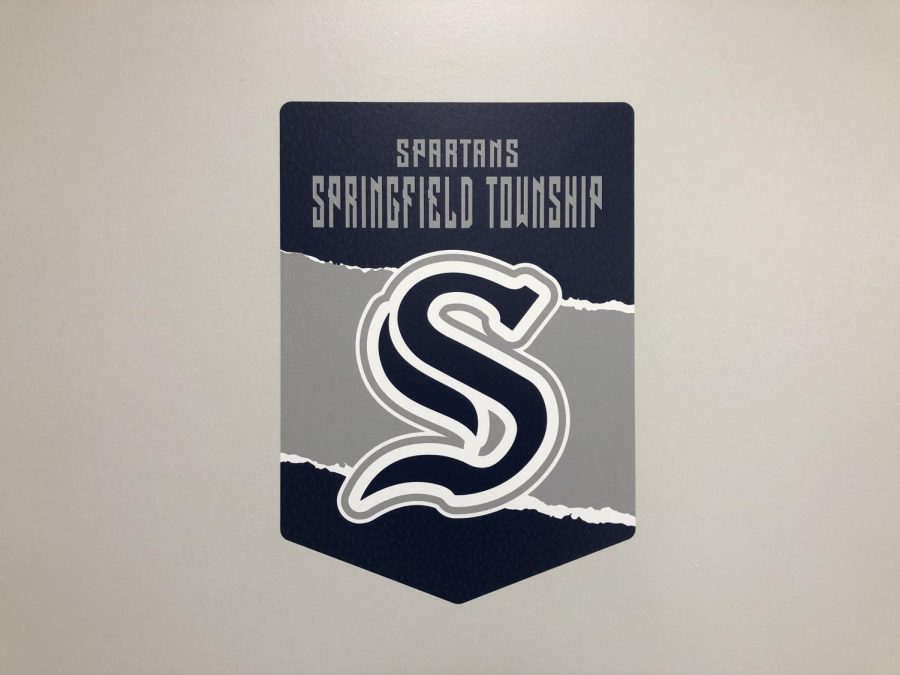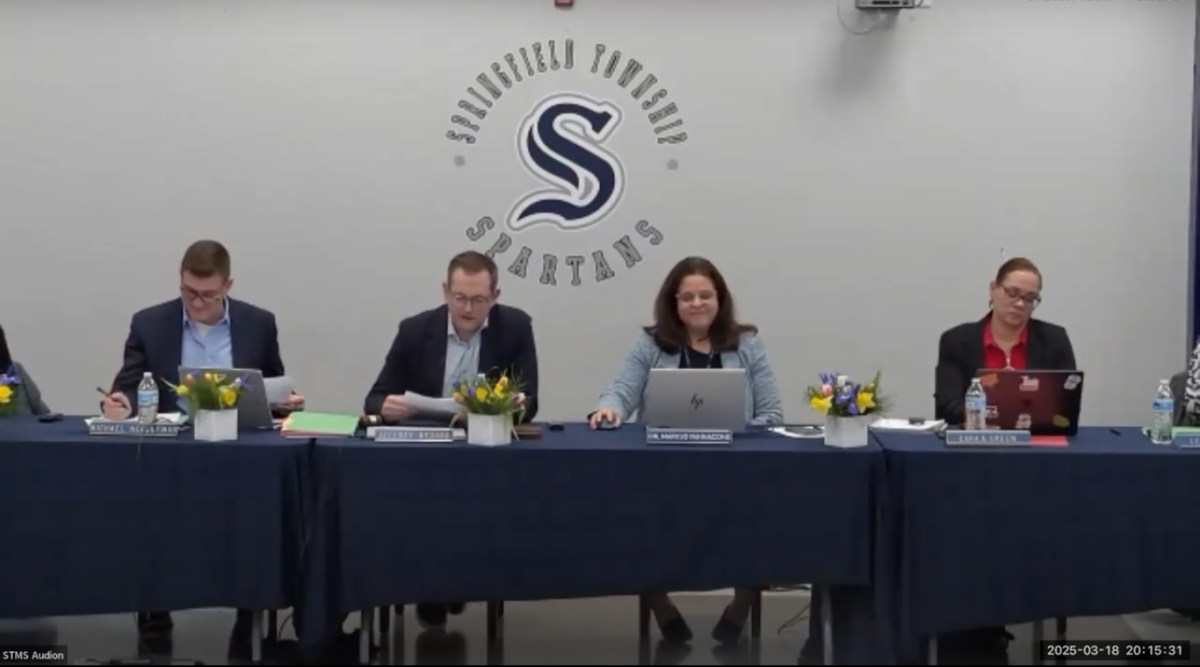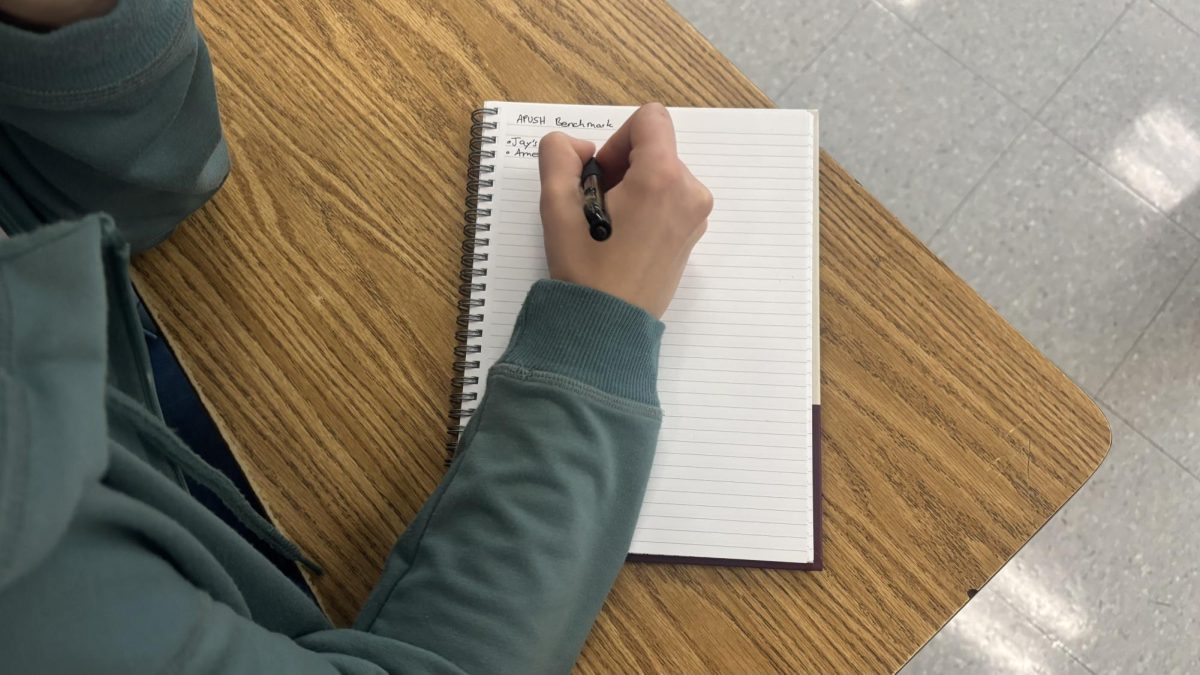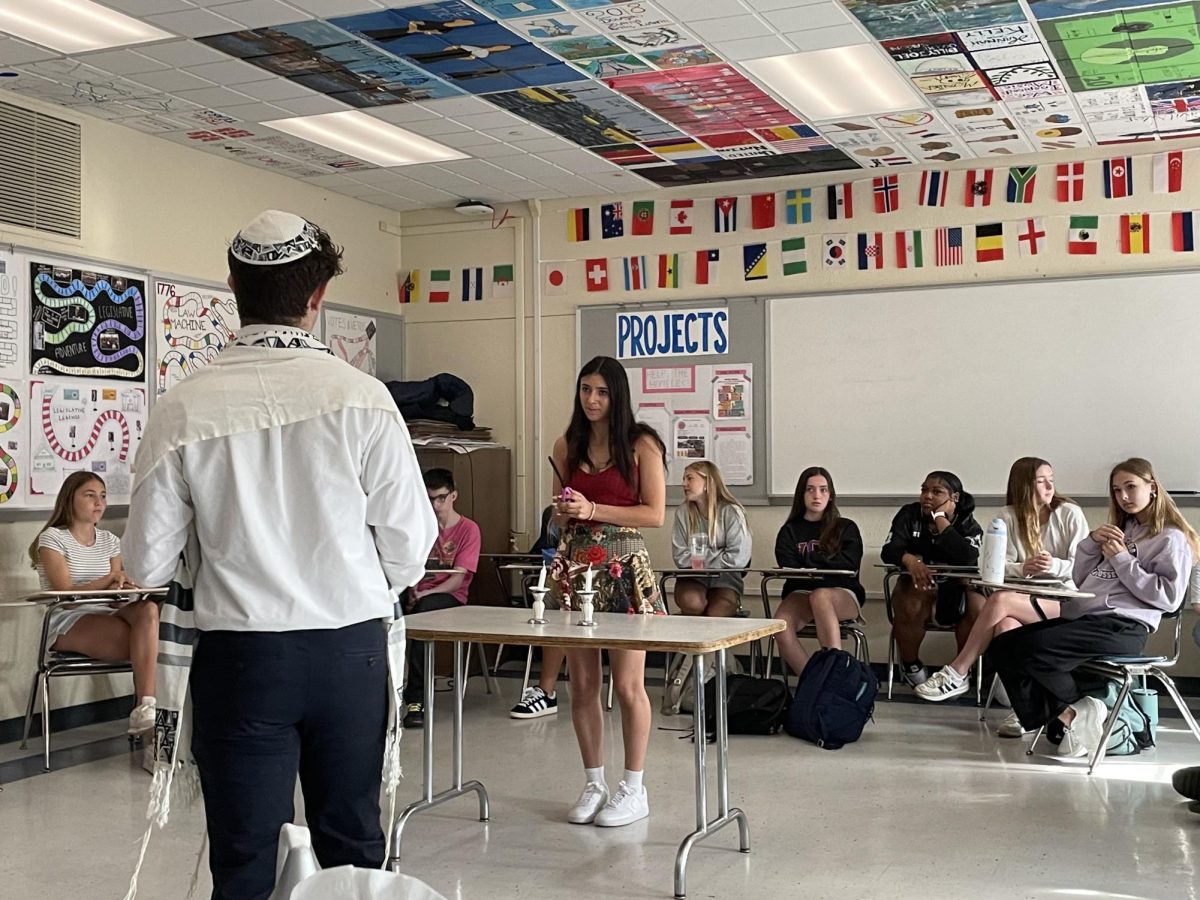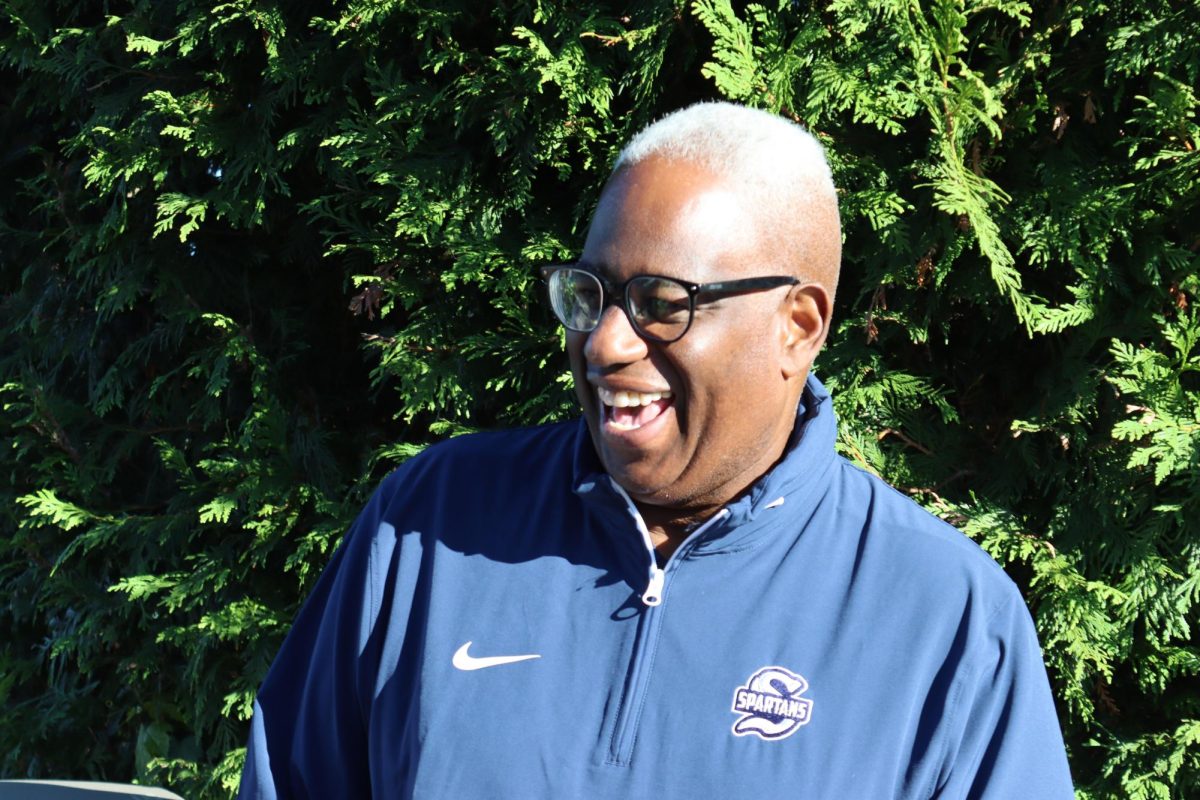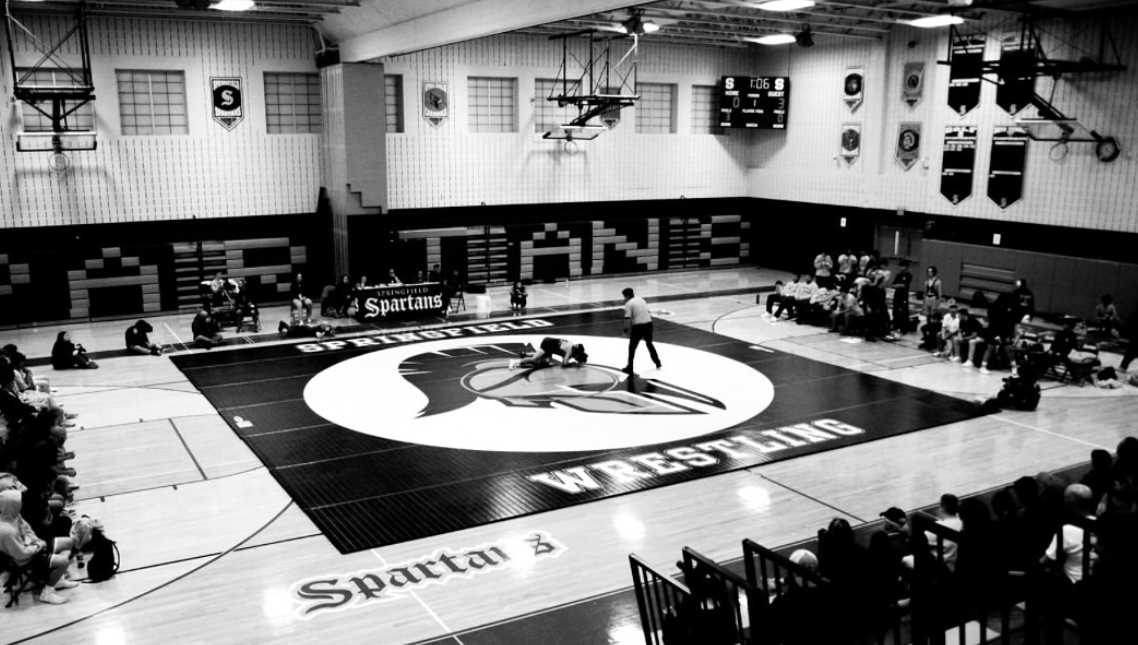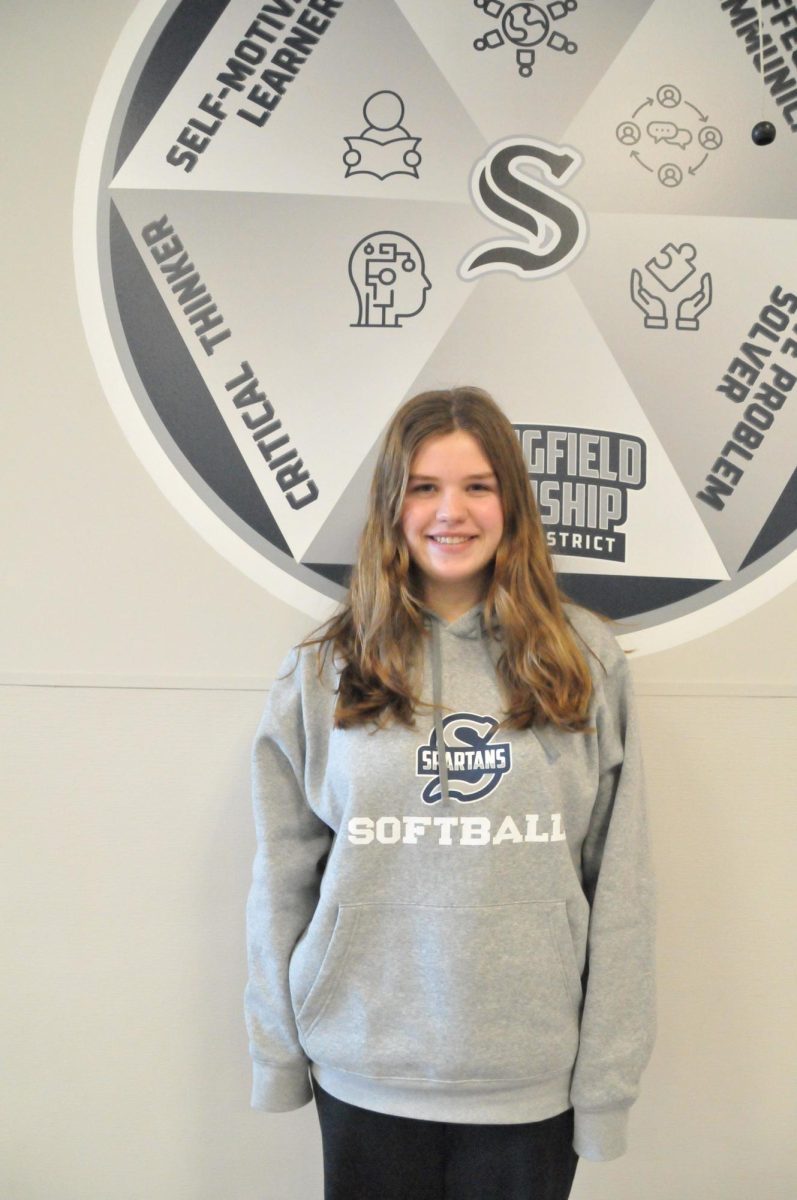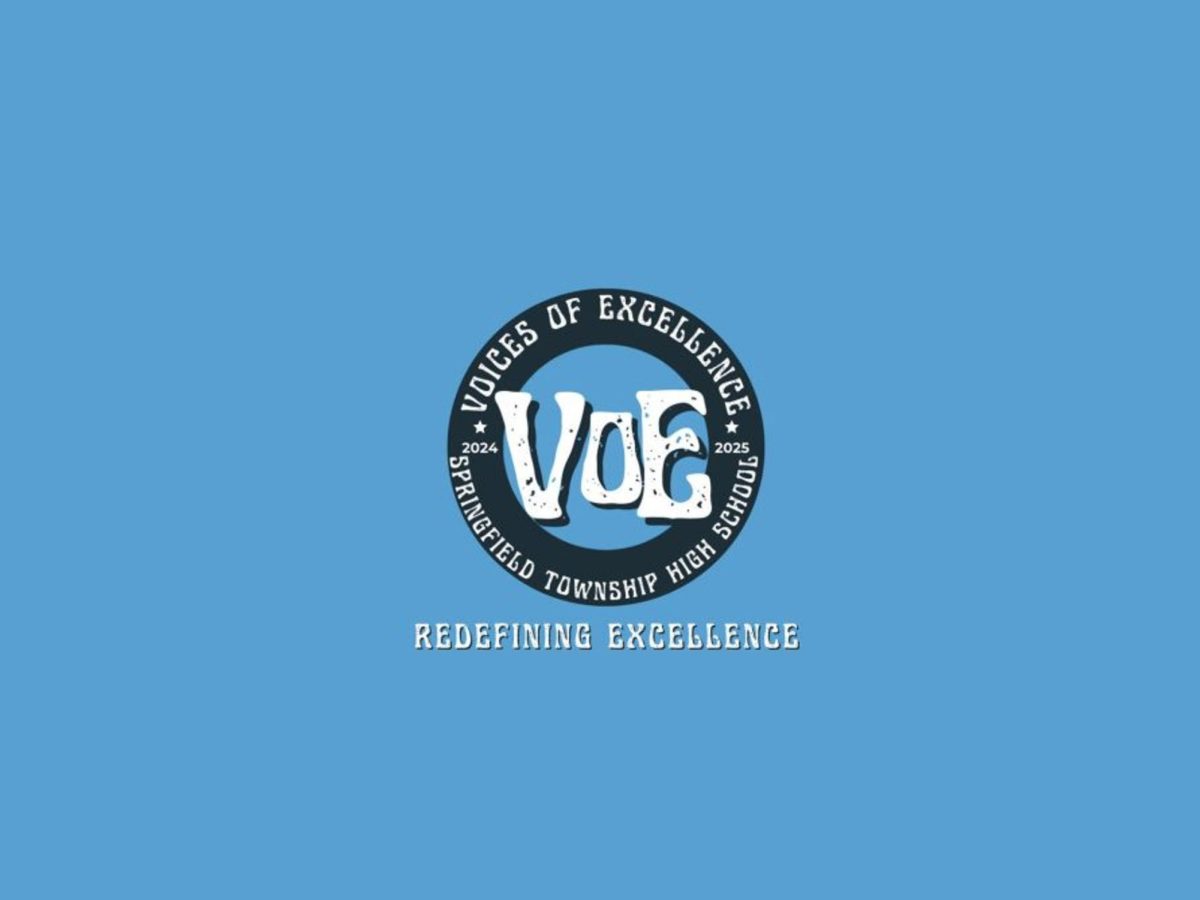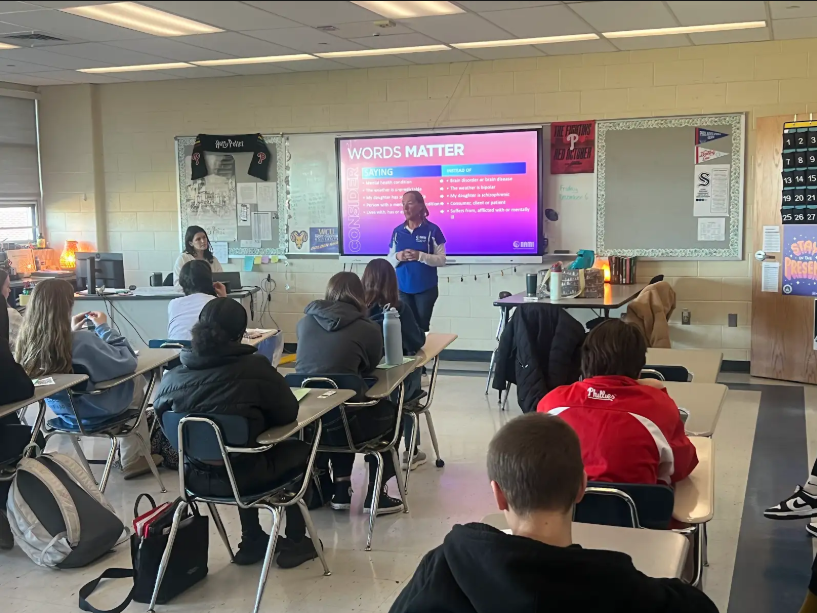Summer is officially over.
Though many are in denial, responsibility-free days are over and homework lies ahead–but this doesn’t mean students have to give up their free time. With good time management and study strategies, a balanced life is almost guaranteed.
Here, we’re listing some of Springfield students’ tried-and-true habits for a productive school year.
Create a positive study environment.
Senior, Yuna Suzuki Gizycki, says that she makes use of her vinyl player. From “classical music” to “jazz vinyls,” this is something that she claimed, “actually helps [her attention] so much.”
But what makes instrumental music so helpful?
According to the University of Maryland, music genres like jazz and classical fall into a type of rhythm called “binaural beats.”
These are lyrical, beating patterns that essentially tell your brain to focus. By putting on instrumental songs, your brain neurologically zeroes into tasks, naturally reducing distractions and maintaining focus.
According to Suzuki, though, it’s simply nice to have a pleasant environment and feel productive.
Take advantage of Springfield.
There is one thing almost all students want to secure in their schedule: study hall. It’s free time for relaxation, phone breaks, and talking with friends. But, students like senior Jakob Klein point out the importance of using it “responsibly.”
For Klein, who averages 120 minutes of homework every night, spending an 80-minute period on homework will significantly reduce his out-of-school responsibilities.
Stella Miller, a senior, agrees that it’s “pretty essential.” She uses every study hall to do work.
In addition to study hall, Klein urges students to “go to [their] teachers during lunch and learn” for questions, and Miller simply warns to “pay attention in class.”
Use study tools.
Junior, Anne Metz strongly urges this.
She discusses her own study habits: “I like doing flashcards and writing down what’s important. I do practice problems. I write out what I remember and study what I forgot.”
Metz places importance on retrieving and practicing information. The “brain dump method” she describes at the end of her list is infamously useful for strengthening weaknesses. Practice problems cement understanding by identifying missed questions. And by retrieving information, flashcards are perfect for remembering definitional knowledge.
Others, like Miller, enjoy review games like Blooket as a way to study. These are essentially flashcards embedded in a fun online activity.
Even though she has solid habits, sometimes Metz “can’t focus.” For this, she describes a simple fix: “[setting] a timer.” Sometimes, five minutes is all she needs to refocus.
Maintain healthy habits.
If Suzuki had to give one piece of advice to freshmen, it would be not to “procrastinate. That’s so important.”
She speaks from experience: “If you have a test coming up, plan for it and start studying early. It’s impossible to do everything the night before.”
Procrastination leads to late nights, which leads to exhaustion, and then poor performance in school–it’s a cycle. Put simply: “Don’t pull an all-nighter. Just sleep, sleep is very important.”
Additionally, Metz discusses the importance of a balanced schedule. “Have a healthy school life balance. Don’t do too many clubs and extracurriculars just for college.”
Klein gives a different type of advice: “just stud[y].”
While easier said than done, he said that incorporating strict discipline into his life “improved [his] memory” and made a difference in his performance. As he puts it, “diamonds are made from pressure.”
Moving forward
Whether students take after Metz and Miller’s study methods, Suzuki’s healthy habits, or Klein’s discipline, there are many ways to pursue success this school year.
But why’s it important?
According to Metz, it’s simple. “To learn stuff.”




